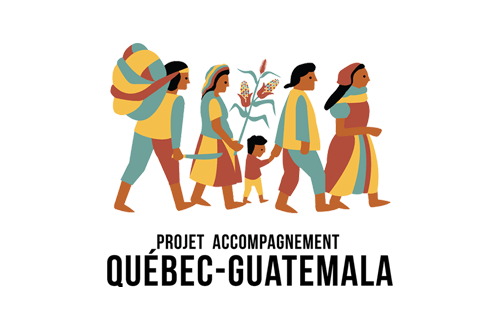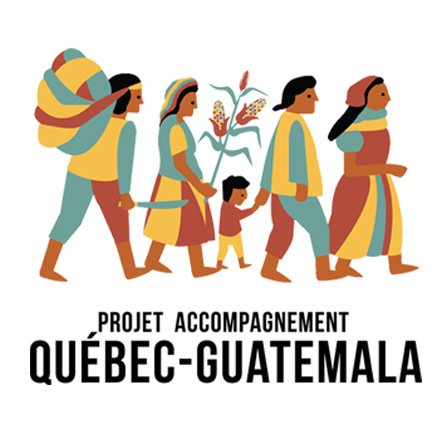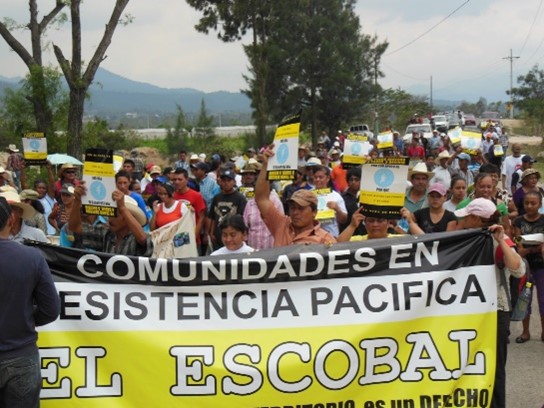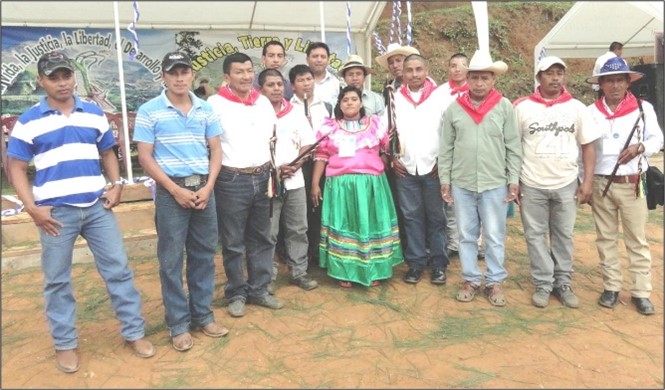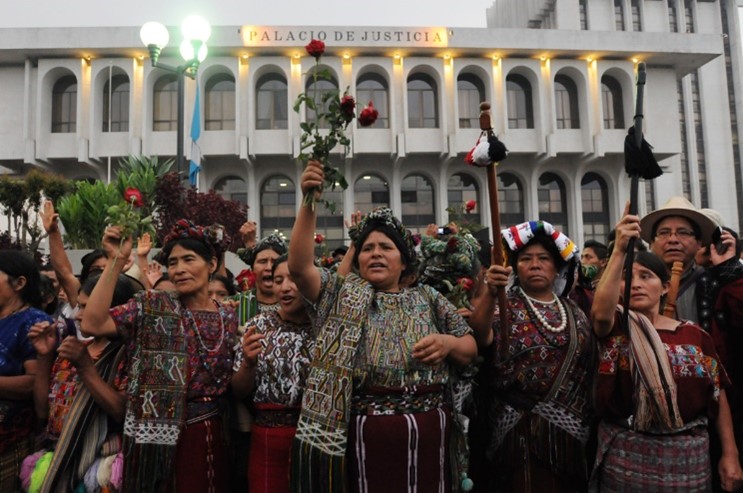Du 21 au 24 août 2014 se tenait le Forum Social des Peuples. Le Projet Accompagnement Québec Guatemala a participé à l’Assemblée de convergence sur la justice minière en compagnie ainsi qu’à l’élaboration de ce compte-rendu. Lisez également l’Appel à l’Action formulé par les 6000 participant-e-s du FSP, en ligne ici. (ENGLISH FOLLOWS)
COMPTE-RENDU DE L’ASSEMBLÉE DE CONVERGENCE SUR LA JUSTICE MINIÈRE, FORUM SOCIAL DES PEUPLES, OTTAWA/TERRITOIRE ALGONQUIN, AOÛT 2014
POLARIS INSTITUTE, PROJET ACCOMPAGNEMENT QUÉBEC-GUATEMALA, MININGWATCH, MISN, USW, COMMON FRONTIERS
Les individus, collectifs et organisations réunis lors de l’assemblée de convergence sur la justice minière ont eu l’occasion de contribuer à une mise à jour des initiatives de résistance et de solidarité concernant ces enjeux, tout en soulignant la gravité de la situation et l’urgence d’augmenter encore la mobilisation pour combattre les crimes extractifs.
En effet, le Canada a un rôle prépondérant dans l’industrie extractive puisqu’environ 75 % des sociétés d’exploration et d’exploitation minière sont enregistrées au Canada et une majorité de ceux-ci sont inscrites à la Bourse de Toronto (TSX), qui constitue un imposant bassin de capitaux d’investissements. Par cette appartenance, les compagnies profitent également des cadres juridique et fiscal canadiens extrêmement favorables à leurs activités, de même que d’appuis politiques et diplomatiques de la part du gouvernement canadien, lesquels se sont accentués avec le gouvernement de Stephen Harper.
Ici comme ailleurs, le modèle extractif mis en place par les sociétés minières canadiennes donne lieu à des dommages environnementaux majeurs, notamment sur l’eau, ainsi qu’à des violations de droits humains et à une grave répression des mouvements de résistance et d’opposition aux projets extractifs. Le droit des populations autochtones à être consultées et à accorder ou non leur consentement libre et éclairé aux projets extractifs est également bafoué constamment. À ce jour, les compagnies opèrent, répriment, violent les droits et polluent l’environnement dans un contexte d’impunité généralisée, notamment en raison du manque d’accessibilité du système juridique canadien pour les victimes d’abus ailleurs dans le monde.
L’Assemblée a donc identifié différents axes d’intervention possible pour la société civile du Canada dans la lutte contre les abus de l’industrie extractive. L’Assemblée a également opéré un rappel des initiatives existantes et effectué une réflexion stratégique en sous-groupes de travail sur les actions à entreprendre dans chacun de ces axes, sans toutefois oublier l’interrelation entre ceux-ci;
• Il est nécessaire de continuer à promouvoir des changements législatifs dans le cadre des politiques canadien afin de favoriser la reddition de compte des entreprises minières canadiennes pour leurs agissements à l’étranger, ainsi que de réduire les droits qui ont été octroyés aux corporations au détriment des droits humains. À cet égard, l’Assemblée rappelle l’importance de participer à la campagne Une Affaire de Justice qui vise la création d’un Ombudsman et l’accès aux tribunaux canadiens pour les victimes à l’étranger.
• Il est nécessaire de poursuivre les efforts d’éducation et de sensibilisation du public partout au Canada, notamment de produire du matériel documentaire en ce qui a trait au rôle de l’État canadien dans les problématiques systémiques de l’industrie minière. Les conclusions issues du Tribunal Permanent des Peuplespourront être mises à profit pour l’élaboration de ces outils d’éducation du public. Ces conclusions serviront d’ailleurs à insister auprès de la sphère politique sur l’importance d’apporter des modifications au cadre législatif canadien. L’Assemblée a soulevé le besoin de cartographier les différentes organisations, collectifs, initiatives existant sur cette thématique, leur quantité et leur diversité rendant l’accès difficile aux citoyen-ne-s qui ne s’y connaissent pas encore.
• Il est nécessaire de poursuivre les campagnes publiques visant à exercer une pression financière sur les entreprises fautives, notamment à travers le boycott et le retrait des investissements. À cet égard, l’Assemblée rappelle l’importance de participer à la campagne Le Fil de l’Argent, appelant les institutions d’investissement à retirer nos fonds de pension publics et privés de certaines entreprises minières canadiennes commettant des violations de droits humains et la détérioration de l’environnement dans d’autres pays.
• Il est nécessaire d’être à l’écoute des besoins des communautés affectées par des projets miniers, ici comme ailleurs, et de mettre sur pied des initiatives directes de support et de solidarité envers elles.
• Il est nécessaire de contrer le discours et les efforts pris par des compagnies minières fautives pour redorer leur image publique, notamment en dénonçant l’instrumentalisation de certaines notions « vertes » et « responsables » par les compagnies, ou encore en attribuant des prix-citrons aux compagnies fautives.
• Il est primordial d’investiguer davantage la façon dont, avec une discrétion inquiétante, les corporations s’immiscent de plus en plus dans les milieux académiques, en créant ou en investissant les structures et institutions universitaires partout au pays. À cet égard, un groupe de travail de l’Assemblée a convenu de créer un réseau canadien de vigilance qui approfondira cette tendance caractérisée par des processus d’approbation irréguliers et des contrats secrets.
• Finalement, l’ensemble de l’Assemblée a paru favorable à la création d’une journée nationale d’actions, laquelle appellerait à la mobilisation contre un tel modèle extractiviste ou en faveur du droit des peuples au consentement libre et éclairé. Cette journée nationale aurait lieu annuellement, de façon récurrente, et permettrait également aux groupes plus solides d’appuyer les actions et campagnes des groupes ou communautés ayant besoin de soutien. Elle compléterait la Journée intercontinentale contre les mines à ciel ouvert ayant déjà cours chaque 22 juillet à travers les Amériques.
D’un océan à l’autre, les mouvements sociaux doivent poursuivre la mobilisation sur tous ces fronts à la fois. Nous devons demeurer alertes, informé-e-s, et exercer une solidarité active avec toutes les populations en résistance, défendant leur droits fondamentaux ainsi que l’environnement contre les abus de l’industrie extractive.
***
REPORT BACK FROM THE MINING JUSTICE MOVEMENT ASSEMBLY AT THE PEOPLES SOCIAL FORUM, OTTAWA/ALGONQUIN TERRITORY, AUGUST 2014
Individuals, collectives and organizations were gathered during the movement assembly on mining justice, which provided an updates on ongoing resistance to mining as well as information on solidarity initiatives which seek to address the challenges faced by mining-impacted communities. This assembly highlighted the gravity of the situation and the urgency to increase mobilisation and to fight extractive crimes.
Indeed, Canada plays a leadership role in the world mining industry since close to 75% of all exploration and exploitation mining companies are registered as Canadian companies. A majority of these are registered on the Toronto Stock Exchange, which constitutes an important pool of investment capital. Because they are based in Canada, mining companies can take advantage of Canadian judicial and fiscal frameworks that can be extremely favorable to their activities in addition to political and diplomatic support from the Canadian Government which has deepened under the Harper regime.
Across the world, the extractive model put forth by Canadian mining companies has led to environmental destruction, including water pollution, as well as violations of human rights and the repression of resistance movements which go unpunished. The rights of indigenous peoples to be consulted and give their free, prior and informed consent to extractive projects is systematically violated. To this day, mining companies commit harms in a context of generalized impunity facilitated by a lack of access to the legal system in Canada for individuals who have been impacted by their actions in other countries.
The Assembly therefore identified possible avenues for intervention and action for civil society in Canada in the fight against the abuses of the extractive industry. The Assembly also reminded participants of existing initiatives being taken by Canadian civil society, and collaborated in strategic reflections on different working groups, discussing actions to undertake via many avenues, recognizing the interconnection between each avenue.
• It is necessary to continue to promote legislative and policy changes in Canada to promote corporate accountability for Canadian mining companies operating abroad, reducing the rights that have been afforded to mining companies to the detriment of human rights. To this effect, the Assembly was reminded of the main tenets of the Open for Justice campaign which aims to create a mining ombudsman and access to Canadian courts for victims of Canadian mining in other countries.
• It is also essential to continue education and awareness raising efforts all over Canada, including the creation of documentation addressing the role of the Canadian state in the systemic problems associated to the mining industry. The conclusions from thePermanent Peoples Tribunal will be used to develop these public education tools. These conclusions will serve as a reminder to the political actors of the importance of changing current policies and laws in Canada. The Assembly mentioned the need to map out the work of different organisations, collectives and initiatives addressing the issue of mining, to understand the quantity and the diversity of organisations working on these issues.
• It is necessary to continue building public campaigns which seek to exert financial pressure on abusive companies notably through boycott or divestment. The Assembly also explained the tenants of the campaign titled The Money Thread, which calls on institutions to withdraw investments from or to mining companies who commit human rights violations and destroy the environment.
• It is necessary to stay in tune with the needs of communities affected to my mining projects, here as well as in other countries, and to organize initiatives of direct support and solidarity with them.
It is time to counter the discourse and efforts undertaken by the mining companies that violate rights while greenwashing or whitewashing their public images. We must denounce the instrumentalisation of many notions of ‘green’ and ‘responsible’ by companies, or also by giving out lemon prizes to bad companies.
• It is very important to further investigate the way that mining corporations are infiltrating academic circles by creating or appropriating structures and institutions at Universities across the country. To this effect, one working group from the assembly decided to create a Canadian network to collaborate and research this presence and influence that is characterized by irregular approval processes and secretive contracts.
• Finally, the whole mining assembly seemed to be in favor of the creation of a national day of action on mining which would mobilize against this extractivist model and in favor of peoples rights to free, prior and informed consent. This national day could be held annually, and would also allow people to support the actions and campaigns of groups and impacted communities that need it. This could complement the Intercontinental Day Against Open Pit Mining that is currently being held each July 22nd everywhere in the Americas.
FROM ONE OCEAN TO ANOTHER, SOCIAL MOVEMENTS MUST CONTINUE THE MOBILISATION ON ALL FRONTS. WE MUST STAY ALERT, INFORMED AND EXERCISE AN ACTIVE SOLIDARITY WITH ALL POPULATIONS IN RESISTANCE, DEFENDING THEIR FUNDAMENTAL RIGHTS AS WELL AS THE ENVIRONMENT AGAINST THE ABUSES COMMITTED BY THE MINING INDUSTRY.
